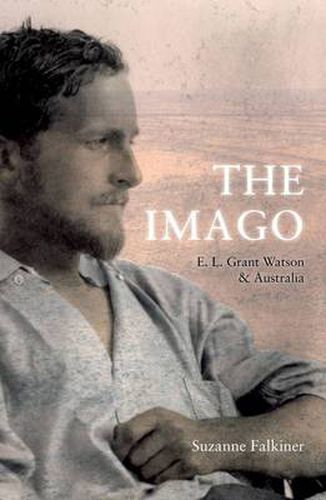Readings Newsletter
Become a Readings Member to make your shopping experience even easier.
Sign in or sign up for free!
You’re not far away from qualifying for FREE standard shipping within Australia
You’ve qualified for FREE standard shipping within Australia
The cart is loading…






Biographer Suzanne Falkiner presents a fascinating portrait of English writer E. L. Grant Watson, whose experiences as a young man in Australia at the beginning of the twentieth century shaped his later years as a novelist. Enlisted in 1910 by a Cambridge University-sponsored expedition of Western Australia, Grant Watson served as biologist and research aide to celebrated anthropologists A. R. Brown and Daisy Bates, recording Aboriginal marriage customs. He was deeply affected by his time in the bush and among remote Indigenous communities, taking notes and writing frequent letters about the land and its people. For Grant Watson the desert was a frontier of rare beauty, surprising in its biodiversity; he adapted to the unforgiving climate and communed with its remoteness, taking his cues from those already living there. Initially observed through the analytical lens of a scientist, his observations of landscape would later serve as a recurring metaphor for spiritual isolation and notions of the unconscious in his novels.
$9.00 standard shipping within Australia
FREE standard shipping within Australia for orders over $100.00
Express & International shipping calculated at checkout
Stock availability can be subject to change without notice. We recommend calling the shop or contacting our online team to check availability of low stock items. Please see our Shopping Online page for more details.
Biographer Suzanne Falkiner presents a fascinating portrait of English writer E. L. Grant Watson, whose experiences as a young man in Australia at the beginning of the twentieth century shaped his later years as a novelist. Enlisted in 1910 by a Cambridge University-sponsored expedition of Western Australia, Grant Watson served as biologist and research aide to celebrated anthropologists A. R. Brown and Daisy Bates, recording Aboriginal marriage customs. He was deeply affected by his time in the bush and among remote Indigenous communities, taking notes and writing frequent letters about the land and its people. For Grant Watson the desert was a frontier of rare beauty, surprising in its biodiversity; he adapted to the unforgiving climate and communed with its remoteness, taking his cues from those already living there. Initially observed through the analytical lens of a scientist, his observations of landscape would later serve as a recurring metaphor for spiritual isolation and notions of the unconscious in his novels.